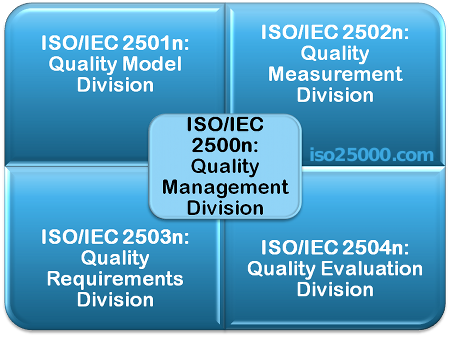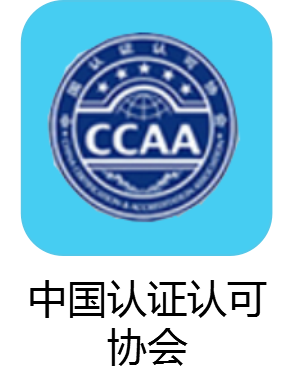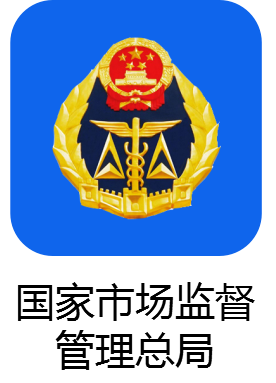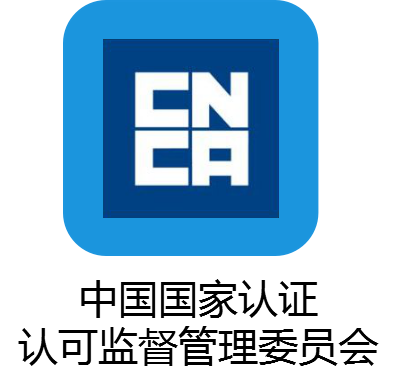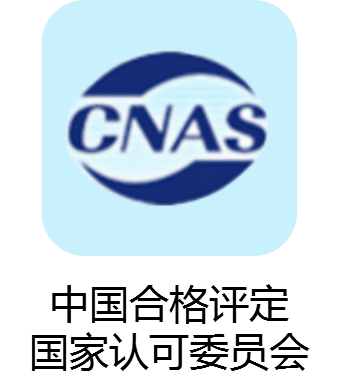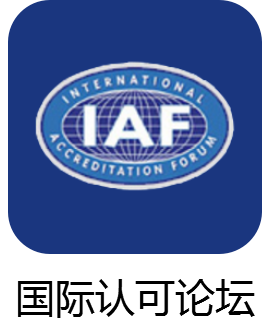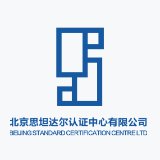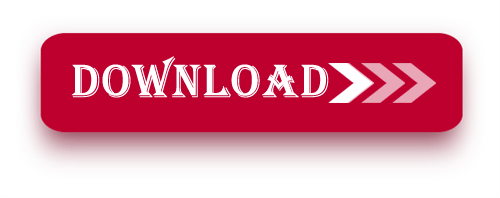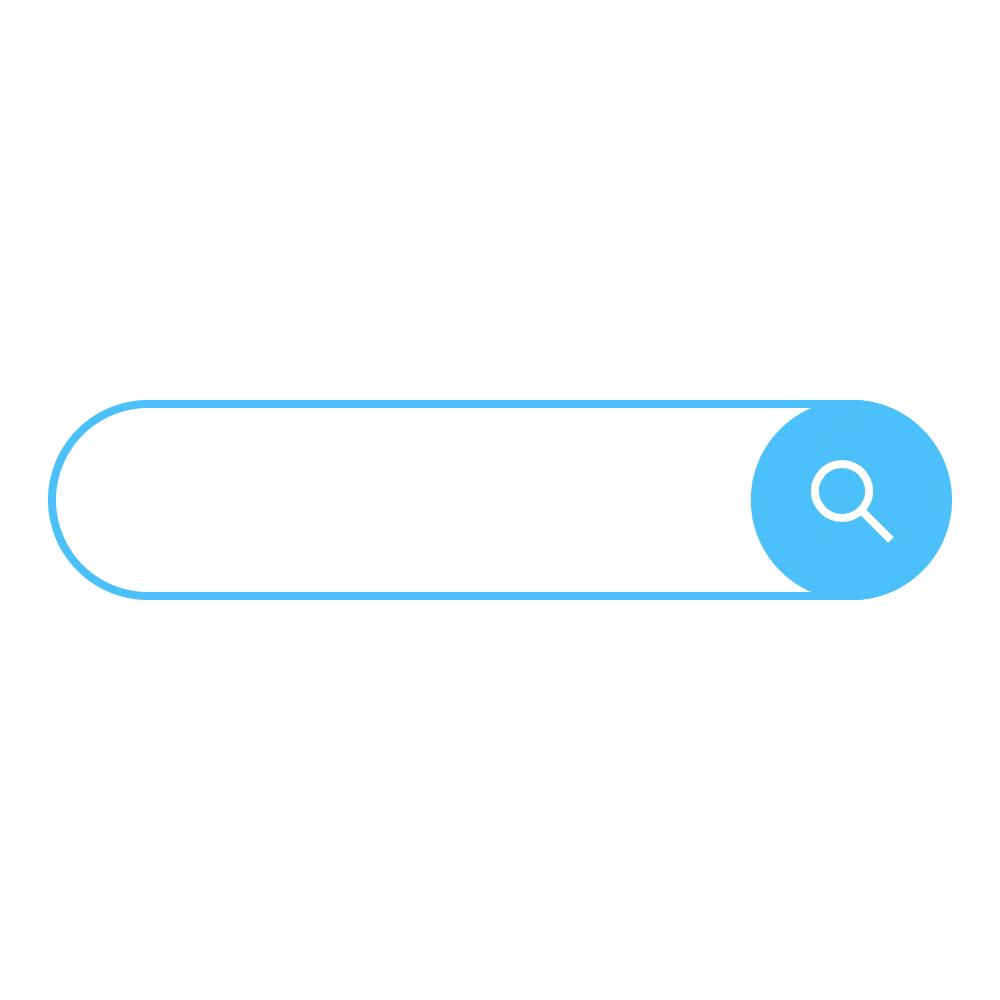Green Building Label
GBEL is a green building certification program that evaluates projects based on six categories: land, energy, water, resource/material efficiency
Follow us on the Green Building Information Gateway (GBIG):
*GB 50118-2010 Code for sound insulation design of civil buildings
*GB 50176-2016 Code for thermal design of civil building
*GB50189Design-
*GB 50555-2010 Standard for water saving design in civil building
*GB 50736-2012 Design Code for Heating Ventilation and Air Conditioning of Civil Buildings
*GB/T 50785-2012 Evaluation standard for indoor thermal environment in civil buildings
*GB 3096-2008 Environmental Quality Standard for Noise
*GB 5749-2022 Standards for drinking water quality
*GB/T 18091-2015 Optical and thermal performance of glass curtain wall
*GB/T 18883-2022 Standards for indoor air quality
*GB/T 20145-2006 Photobiological safety of lamps and lamp systems
*GB/T 31831-2015 Technical requirements for application of LED indoor lighting
*GB/T 35626-2017 Specification for limitation to obtrusive light of outdoor lighting
*JGJ/T 163-2008 Code for lighting design of urban nightscape
*JGJ/T 331-2014 Technical Specification for Slip Resistance of Buildings Floor







